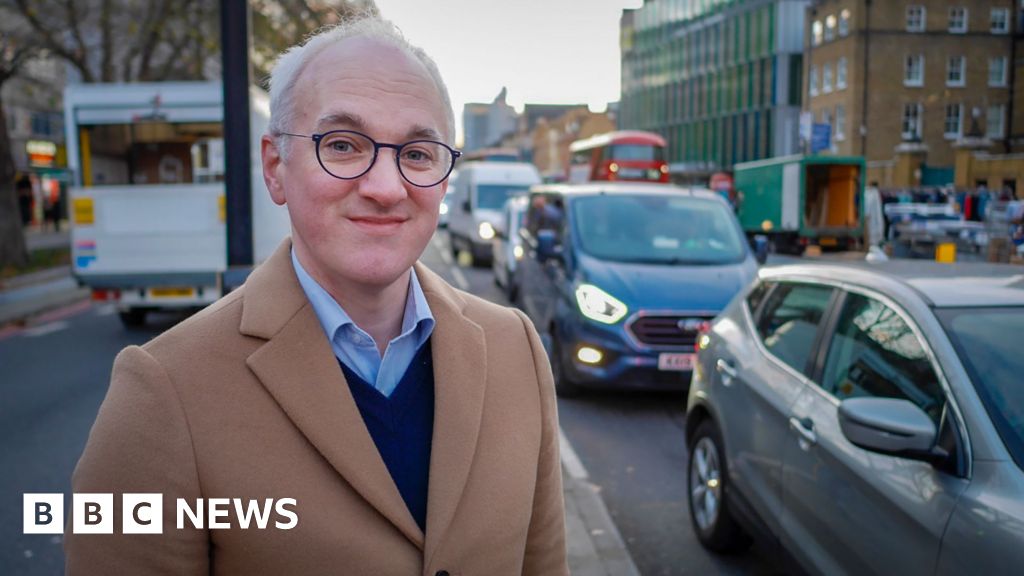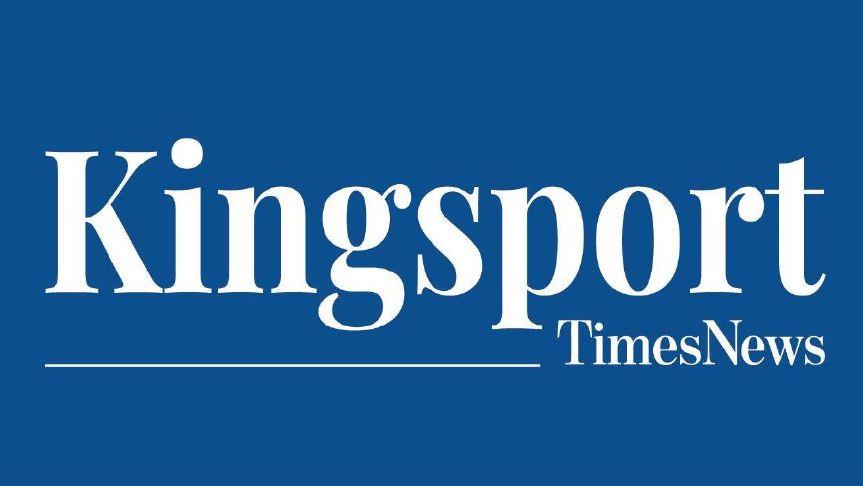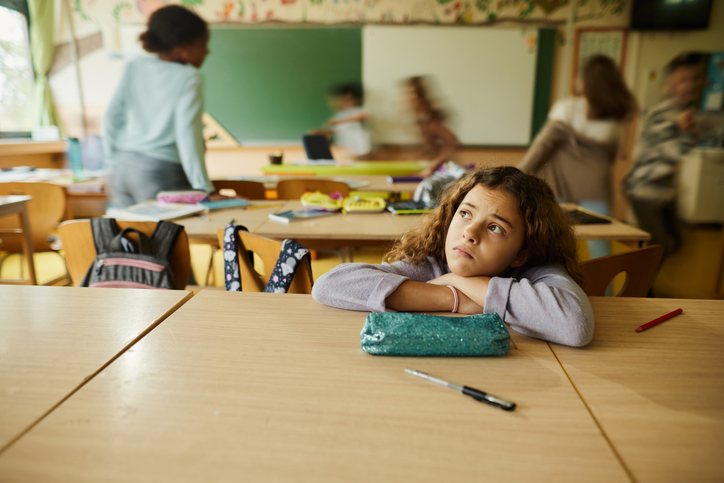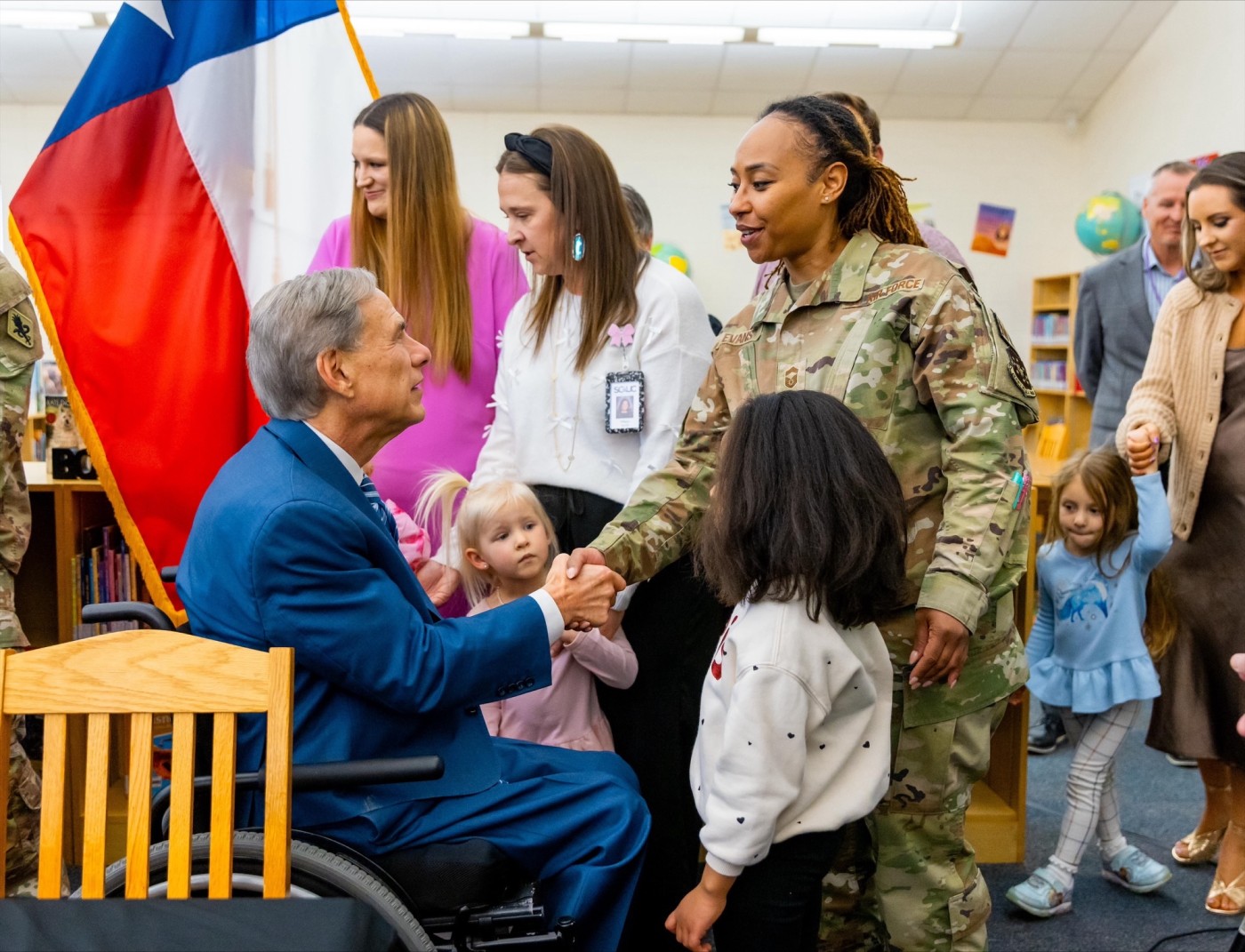Press Release | Young Leaders for the SDGs – Welcome to the United Nations
Report on the Millennium Fellowship Class of 2025 and its Contribution to the Sustainable Development Goals
Introduction and Program Overview
The Millennium Campus Network (MCN) and United Nations Academic Impact (UNAI) have announced the Millennium Fellowship Class of 2025. The program selects undergraduate leaders to develop projects that advance the Sustainable Development Goals (SDGs) and UNAI Principles within their communities. Fellows participate in a semester-long leadership development program designed to enhance their skills in project management, partnership building, and community impact, directly contributing to the 2030 Agenda for Sustainable Development.
2025 Cohort Profile and SDG Alignment
The Class of 2025 was selected from a highly competitive pool of 60,396 applicants from over 7,500 campuses in 160 countries. The final cohort comprises over 4,000 Millennium Fellows from 297 campuses across 47 nations. The projects undertaken by these fellows collectively address all 17 Sustainable Development Goals, demonstrating a comprehensive commitment to global progress.
Case Studies: Millennium Fellowship Projects Advancing Specific SDGs
University of Dhaka, Bangladesh: Climate Action and Gender Equality
Fellows are implementing a project to empower women and children in under-represented communities, focusing on resilience during natural disasters. This initiative directly supports the following SDGs:
- SDG 13: Climate Action – By building community resilience to climate-related hazards.
- SDG 5: Gender Equality – By empowering women and addressing their specific vulnerabilities during climate disasters.
- SDG 10: Reduced Inequalities – By focusing on the rights and protection of vulnerable children and women.
The project utilizes workshops and community outreach with a goal of positively impacting 100 individuals by mitigating the inequitable effects of climate change.
Johns Hopkins University, United States: Quality Education and Digital Inclusion
An initiative led by Millennium Fellows aims to bridge the digital divide in Baltimore by providing digital literacy workshops at community shelters. This project is primarily aligned with:
- SDG 4: Quality Education – By equipping residents with essential digital skills for accessing educational, healthcare, and employment resources, promoting lifelong learning opportunities for all.
University of Ibadan, Nigeria: Gender Equality and Access to Justice
Project Amplify, a collaboration with the university’s Women’s Law Clinic, provides free legal services to women from underserved communities. This work advances key SDGs, including:
- SDG 5: Gender Equality – By addressing legal challenges faced by women and providing them with legal aid.
- SDG 10: Reduced Inequalities – By ensuring access to justice for marginalized groups.
- SDG 16: Peace, Justice and Strong Institutions – By promoting the rule of law and ensuring equal access to justice for all.
Strategic Partnerships for Sustainable Development
The Coach Foundation and Circular Economy
A partnership with the Coach Foundation provides The Coach Dream It Real x Coachtopia Scholarship, offering tuition support to Fellows from underrepresented communities. This scholarship specifically supports students passionate about sustainability and building a circular economy, directly contributing to:
- SDG 12: Responsible Consumption and Production – By fostering innovation and leadership in circular economic models.
Endorsements and Future Direction
Endorsement from Former UN Secretary-General Ban Ki-moon
Ban Ki-moon, eighth Secretary-General of the United Nations, endorsed the program, stating, “As Millennium Fellows, we need you to lead by example – with empathy, humility, and inclusion as guiding values… We are all counting on you to affirm the dignity of people and our planet, now and for years to come.” This highlights the program’s role in cultivating global citizens committed to the principles of the SDGs.
Program Continuation
The partnership between UNAI and MCN continues to support undergraduate action for the SDGs. Further details on the Millennium Fellowship Class of 2025 and information for the Class of 2026 are available on the Fellowship website.
Analysis of Sustainable Development Goals in the Article
1. Which SDGs are addressed or connected to the issues highlighted in the article?
-
SDG 4: Quality Education
This goal is explicitly mentioned in relation to the project at Johns Hopkins University, which aims to “bridge the digital divide” by providing “digital literacy workshops” to equip residents with essential skills. The Coach Foundation scholarship, which offers tuition support, also directly contributes to this goal by improving access to education.
-
SDG 5: Gender Equality
This goal is directly addressed by two projects. The project at the University of Dhaka focuses on empowering women and addressing their rights, particularly in the context of climate disasters. The project at the University of Ibadan is explicitly “advancing SDG 5: Gender Equality” by providing free legal services to women from underserved communities.
-
SDG 10: Reduced Inequalities
This goal is a common thread through several initiatives. The Dhaka project targets “under-represented communities” to reduce the “inequitable impact” of disasters. The Ibadan project serves “women from underserved communities.” The Coach Foundation scholarship is specifically for Millennium Fellows from “historically underrepresented communities.”
-
SDG 12: Responsible Consumption and Production
This goal is connected to the Coach Foundation partnership, which supports students interested in “advancing progress towards a circular economy.” A circular economy is a key strategy for achieving sustainable consumption and production patterns.
-
SDG 13: Climate Action
The project at the University of Dhaka is described as working at the intersection of “climate action, children’s rights and women’s rights.” It specifically aims to empower communities to handle the impacts of “natural calamities” and reduce the inequitable effects of “climate disasters.”
-
SDG 16: Peace, Justice and Strong Institutions
The project at the University of Ibadan, “Project Amplify,” directly supports this goal by providing “free legal services” and “legal awareness training.” This work promotes the rule of law and ensures access to justice for women in underserved communities.
2. What specific targets under those SDGs can be identified based on the article’s content?
-
Target 4.4: By 2030, substantially increase the number of youth and adults who have relevant skills, including technical and vocational skills, for employment, decent jobs and entrepreneurship.
The Johns Hopkins University project directly addresses this target by organizing “digital literacy workshops” to equip residents with “essential digital skills” for accessing employment and other resources.
-
Target 5.5: Ensure women’s full and effective participation and equal opportunities for leadership at all levels of decision-making in political, economic and public life.
The University of Dhaka project aims to “empower women” in under-represented communities, which aligns with ensuring their participation and ability to lead, especially in community resilience efforts during natural calamities.
-
Target 10.2: By 2030, empower and promote the social, economic and political inclusion of all, irrespective of age, sex, disability, race, ethnicity, origin, religion or economic or other status.
This target is relevant to the projects in Dhaka and Ibadan, which focus on “under-represented” and “underserved” communities, respectively. The Coach Foundation scholarship also supports this by providing tuition to students from “historically underrepresented communities.”
-
Target 13.1: Strengthen resilience and adaptive capacity to climate-related hazards and natural disasters in all countries.
The project at the University of Dhaka directly works towards this target by empowering communities to handle the impacts of “natural calamities” and reducing the “inequitable impact of climate disasters.”
-
Target 16.3: Promote the rule of law at the national and international levels and ensure equal access to justice for all.
The University of Ibadan’s “Project Amplify” directly supports this target by providing “free legal services” and “legal awareness training” to women, thereby improving their access to justice.
3. Are there any indicators mentioned or implied in the article that can be used to measure progress towards the identified targets?
- Number of people directly impacted by a project: The article explicitly states that the initiative at the University of Dhaka “is projected to positively impact 100 people.” This is a direct, quantitative indicator of the project’s reach and progress.
- Number of training sessions or workshops conducted: The Johns Hopkins project involves organizing “regular digital literacy workshops.” The number of workshops held is an implied indicator of the project’s activity level and its effort to build digital skills in the community.
- Number of individuals receiving specific services: The project at the University of Ibadan provides “free legal services.” The number of women who receive this legal aid would be a key indicator of the project’s success in improving access to justice.
- Number of scholarships awarded: The Coach Foundation partnership offers tuition support scholarships. The number of Millennium Fellows who receive this scholarship is a direct indicator of the program’s impact on reducing financial barriers to education for underrepresented students.
Summary of SDGs, Targets, and Indicators
4. Create a table with three columns titled ‘SDGs, Targets and Indicators” to present the findings from analyzing the article.
| SDGs | Targets | Indicators |
|---|---|---|
| SDG 4: Quality Education | 4.4: Increase the number of youth and adults with relevant skills for employment. | Number of digital literacy workshops organized; Number of scholarships awarded for tuition support. |
| SDG 5: Gender Equality | 5.5: Ensure women’s full and effective participation and equal opportunities for leadership. | Number of women empowered through workshops and community outreach. |
| SDG 10: Reduced Inequalities | 10.2: Empower and promote the social, economic and political inclusion of all. | Number of people from under-represented/underserved communities reached by projects; Number of scholarships awarded to students from historically underrepresented communities. |
| SDG 12: Responsible Consumption and Production | 12.5: Substantially reduce waste generation through prevention, reduction, recycling and reuse. | Number of students supported to learn about and advance a circular economy. |
| SDG 13: Climate Action | 13.1: Strengthen resilience and adaptive capacity to climate-related hazards and natural disasters. | Number of people (100 projected) positively impacted by initiatives reducing the effects of climate disasters. |
| SDG 16: Peace, Justice and Strong Institutions | 16.3: Promote the rule of law and ensure equal access to justice for all. | Number of women receiving free legal services and legal awareness training. |
Source: un.org
What is Your Reaction?
 Like
0
Like
0
 Dislike
0
Dislike
0
 Love
0
Love
0
 Funny
0
Funny
0
 Angry
0
Angry
0
 Sad
0
Sad
0
 Wow
0
Wow
0


















































































